Top 20 DevOps Tools for 2025
6 min read

Table of Contents
- Introduction
- Top 20 DevOps Tools List
- 1. Jenkins – The CI/CD Powerhouse
- 2. GitLab CI/CD – A DevOps Platform with Built-in Pipelines
- 3. GitHub Actions – CI/CD for GitHub Projects
- 4. CircleCI – Scalable CI/CD for Fast Deployment
- 5. Kubernetes – Container Orchestration Champion
- 6. Docker – Simplifying Containerization
- 7. Terraform – Infrastructure as Code (IaC) Leader
- 8. Ansible – Configuration Management Made Simple
- 9. Puppet – Enterprise-Grade Configuration Management
- 10. Chef – Infrastructure Automation at Scale
- 11. Prometheus – Open-Source Monitoring Tool in DevOps
- 12. Grafana – Visualizing DevOps Metrics
- 13. Datadog – Cloud Monitoring and Security
- 14. Splunk – Enterprise-Level Log Management
- 15. ELK Stack – Log Analysis and Search
- 16. SonarQube – Code Quality and Security Analysis
- 17. HashiCorp Vault – Secrets Management
- 18. ArgoCD – GitOps Continuous Delivery
- 19. Spinnaker – Multi-Cloud Continuous Delivery
- 20. Middleware – Real-Time DevOps Insights
- Conclusion
- FAQs
Introduction
DevOps has revolutionized how software development and IT operations work together to deliver high-quality applications at high velocity. But achieving automation, collaboration, and efficiency in DevOps requires the right set of tools.
In this blog, we’ll explore 20 must-have DevOps tools across categories like CI/CD, infrastructure automation, monitoring, security, and collaboration. Whether you're just starting or optimizing your pipeline, this guide will help you choose the best tools for your DevOps workflow.
Also read: Why Your DevOps Pipeline Needs Value Stream Metrics
Top 20 DevOps Tools List
1. Jenkins – The CI/CD Powerhouse
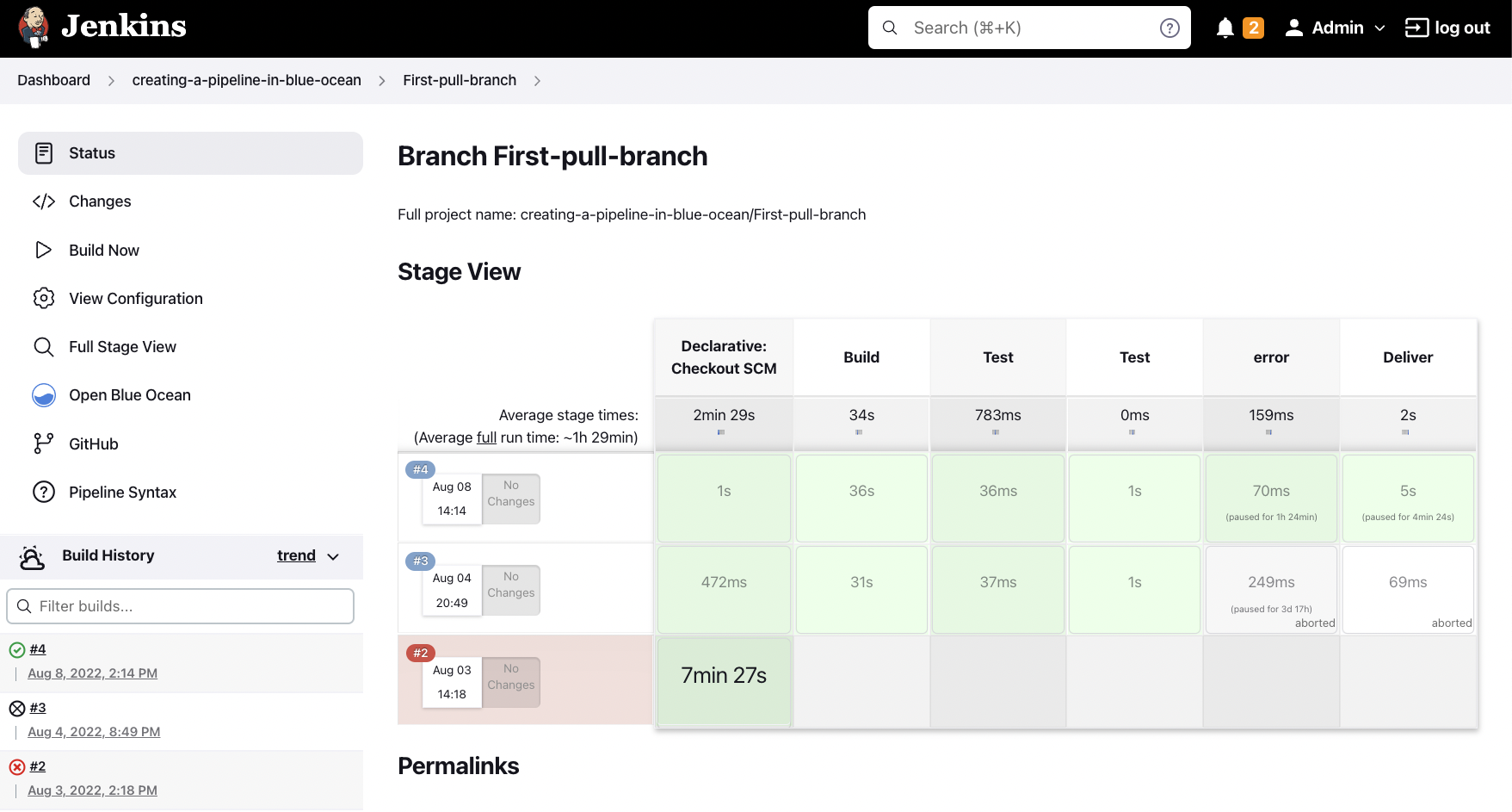
Jenkins is an open-source Continuous Integration/Continuous Deployment (CI/CD) tool that automates software builds, testing, and deployments. With 1,800+ plugins, it integrates seamlessly with most DevOps workflows. Check out Jenkins User Documentation to know more.
Key Features:
Automates build and deployment processes
Supports parallel execution across different environments
Extensible via plugins
2. GitLab CI/CD – A DevOps Platform with Built-in Pipelines
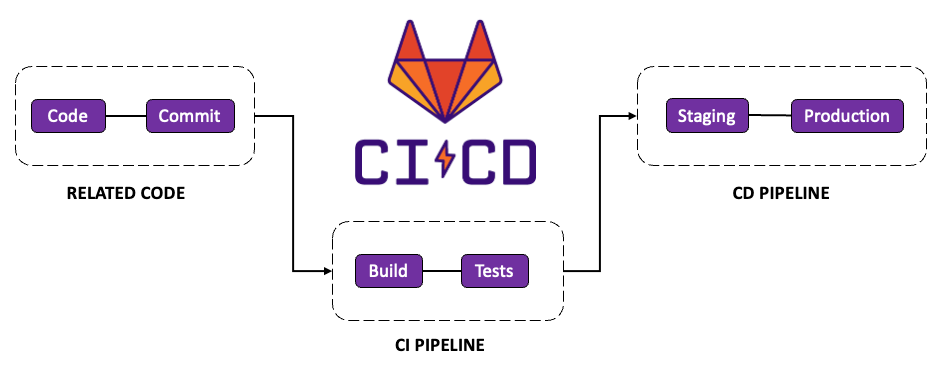
GitLab CI/CD offers an integrated DevOps solution within GitLab, allowing teams to build, test, and deploy applications efficiently. Learn more about GitLab CI/CD
Key Features:
Integrated source control and CI/CD
Auto DevOps for automated deployment
Advanced security scanning
3. GitHub Actions – CI/CD for GitHub Projects

GitHub Actions enables workflow automation directly within GitHub repositories, making it easy for developers to integrate CI/CD pipelines. To know more, visit: GitHub Actions
Key Features:
Seamless GitHub repository integration
YAML-based workflow configuration
Marketplace with prebuilt workflows
4. CircleCI – Scalable CI/CD for Fast Deployment
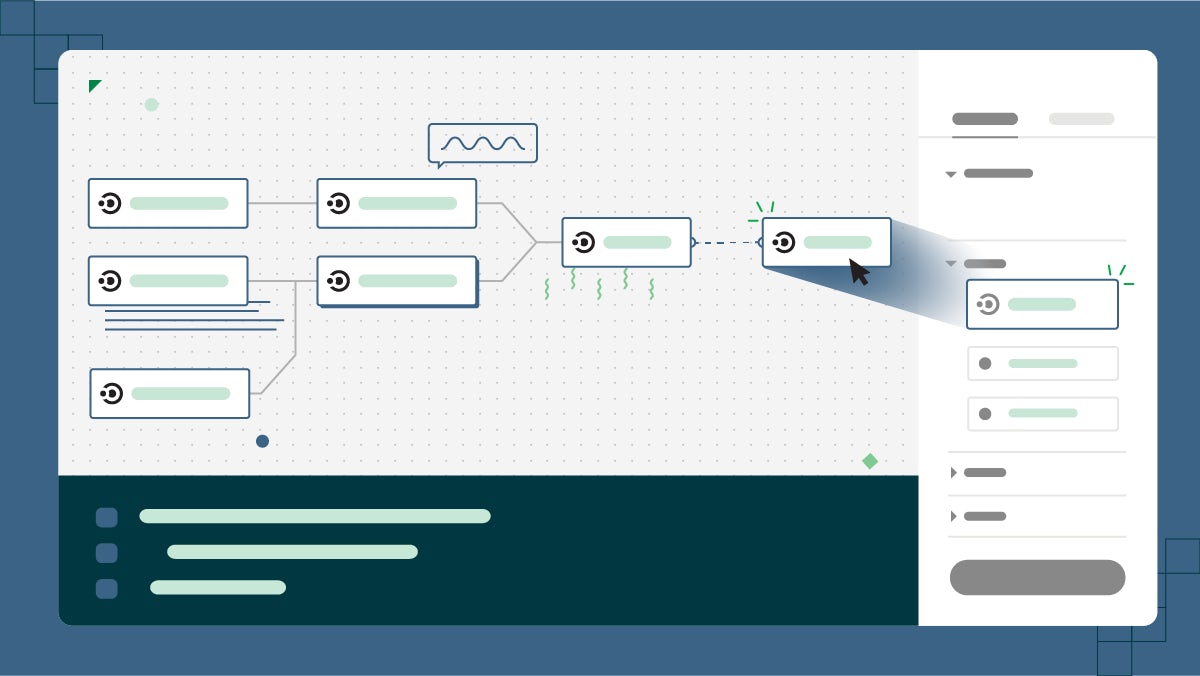
CircleCI automates testing and deployment for faster software releases, supporting cloud and on-premises setups.
Key Features:
Parallel test execution for speed
Custom Docker image support
Integrates with AWS, GCP, and Kubernetes
5. Kubernetes – Container Orchestration Champion
Kubernetes automates the deployment, scaling, and management of containerized applications.
Key Features:
Auto-scaling and load balancing
Self-healing container orchestration
Multi-cloud compatibility
6. Docker – Simplifying Containerization
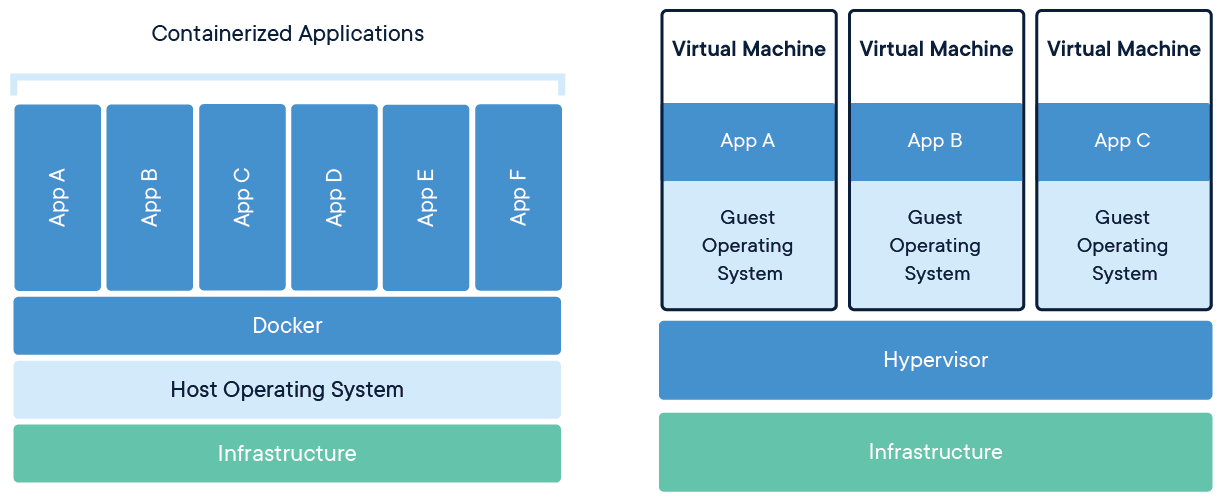
Docker makes application packaging and deployment seamless by enabling containerized environments.
Key Features:
Lightweight, portable containers
Works with Kubernetes
Faster software delivery
7. Terraform – Infrastructure as Code (IaC) Leader
Terraform enables teams to define and provision infrastructure using code, making it scalable and repeatable.
Key Features:
Declarative configuration with HCL
Supports AWS, Azure, GCP, and more
State management and drift detection
8. Ansible – Configuration Management Made Simple
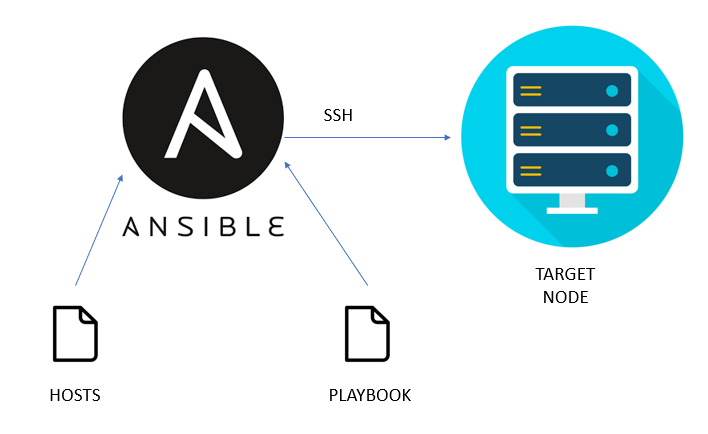
Ansible automates IT infrastructure provisioning and configuration using agentless architecture.
Key Features:
YAML-based playbooks
Agentless automation
Secure and scalable
9. Puppet – Enterprise-Grade Configuration Management

Puppet automates infrastructure configuration across hybrid and cloud environments. Learn more about it
Key Features:
Declarative and model-driven configuration
Compliance and security enforcement
Large ecosystem of modules
10. Chef – Infrastructure Automation at Scale
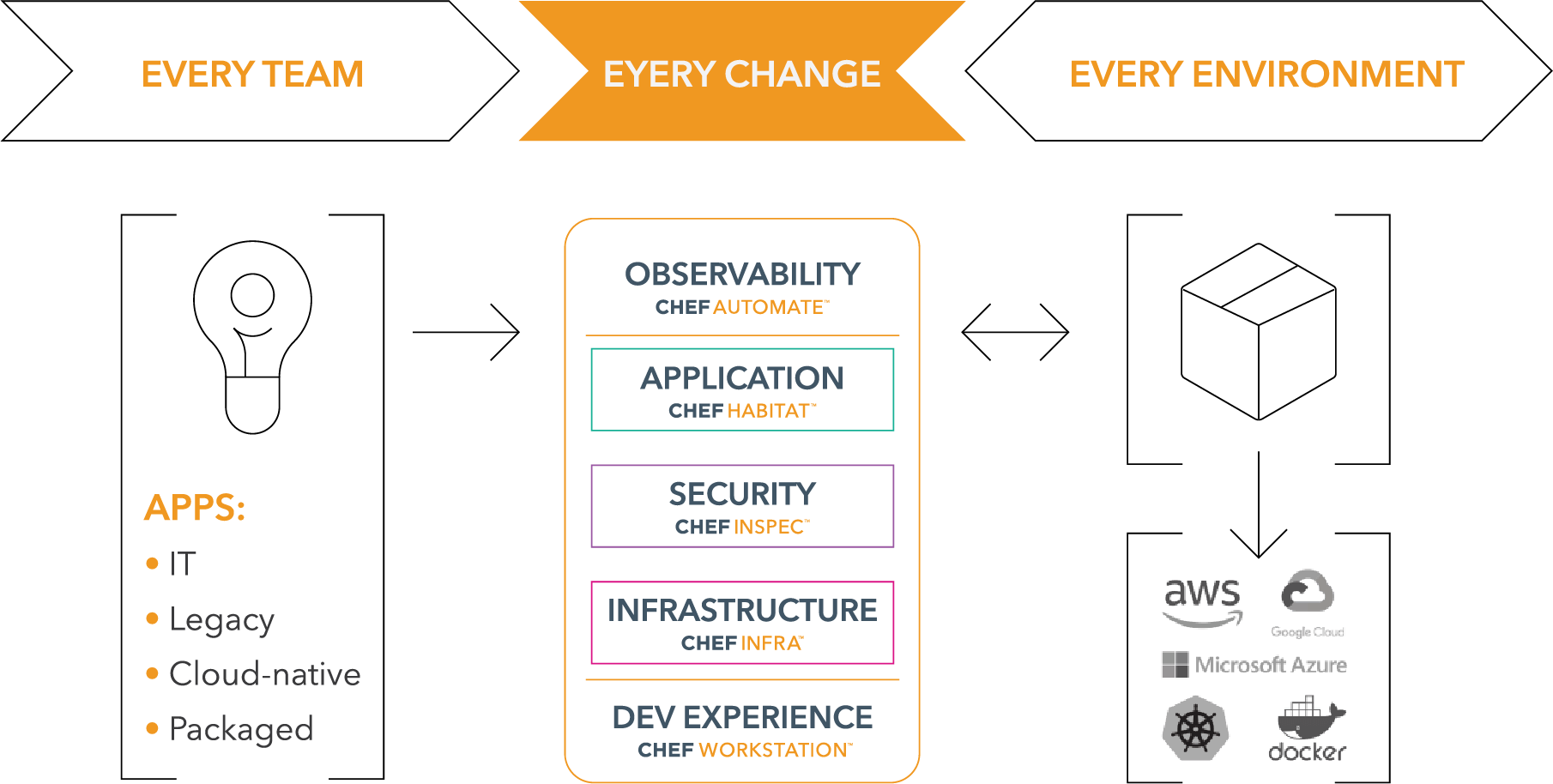
Chef enables infrastructure automation with a focus on configuration management, security, and compliance.
Key Features:
Code-driven infrastructure management
Policy-based automation
Supports multi-cloud environments
11. Prometheus – Open-Source Monitoring Tool in DevOps
Prometheus is a monitoring and alerting toolkit for cloud-native environments.
Key Features:
Time-series database
Powerful query language (PromQL)
Kubernetes-native monitoring
12. Grafana – Visualizing DevOps Metrics
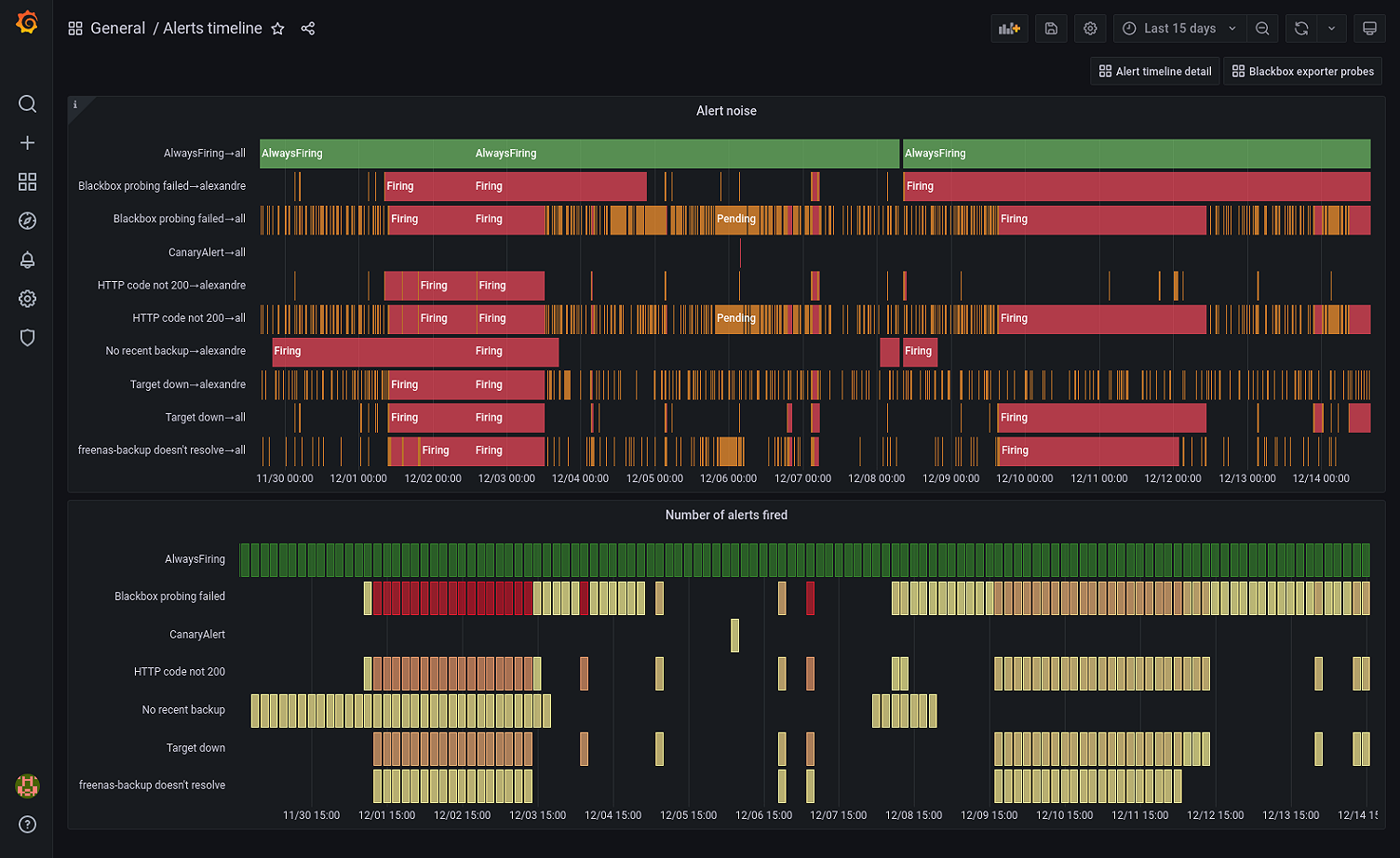
Grafana is an open-source data visualization tool that integrates with Prometheus and other monitoring systems.
Key Features:
Customizable dashboards
Supports multiple data sources
Alerting and notification integration
13. Datadog – Cloud Monitoring and Security
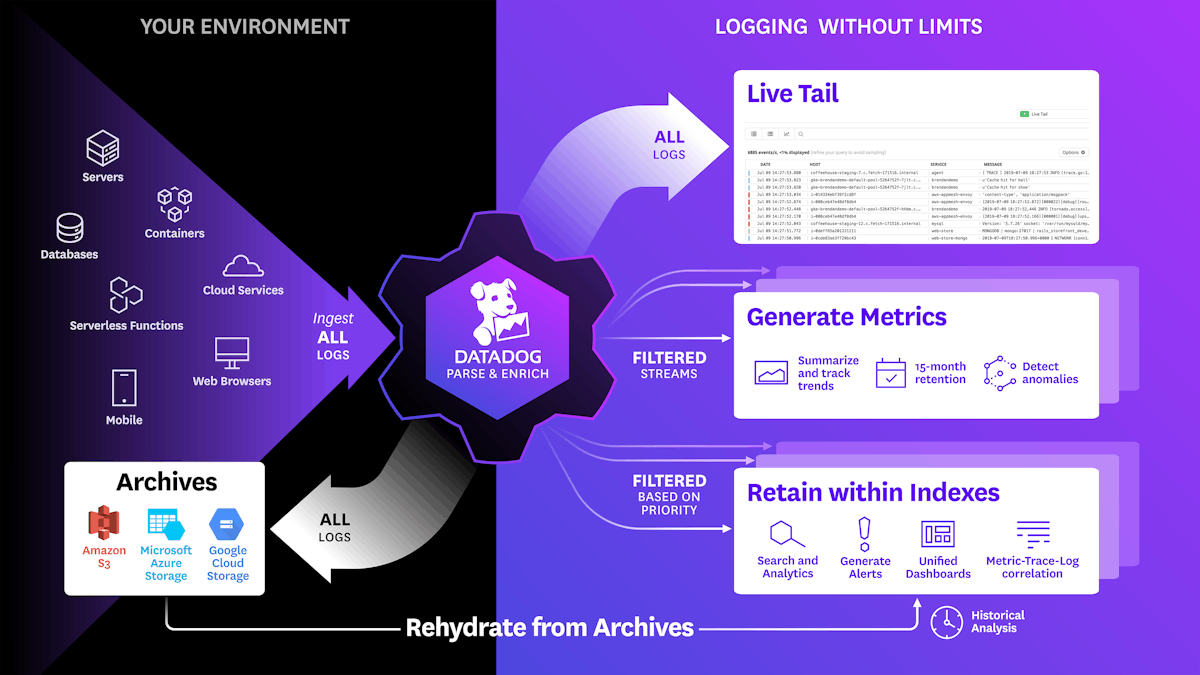
Datadog provides real-time observability into DevOps performance across applications, infrastructure, and logs.
Key Features:
Full-stack monitoring
AI-powered anomaly detection
Log management and security analytics
14. Splunk – Enterprise-Level Log Management

Splunk processes and analyzes logs and metrics to provide operational intelligence.
Key Features:
Log ingestion and visualization
AI-powered insights
Security and compliance monitoring
15. ELK Stack – Log Analysis and Search
Elasticsearch, Logstash, and Kibana (ELK Stack) provide an open-source solution for log processing and analytics.
Key Features:
Fast search and indexing
Centralized logging
Custom dashboards
16. SonarQube – Code Quality and Security Analysis

SonarQube helps DevOps teams maintain clean, secure, and maintainable codebases.
Key Features:
Static code analysis
Security vulnerability detection
Supports multiple languages
17. HashiCorp Vault – Secrets Management
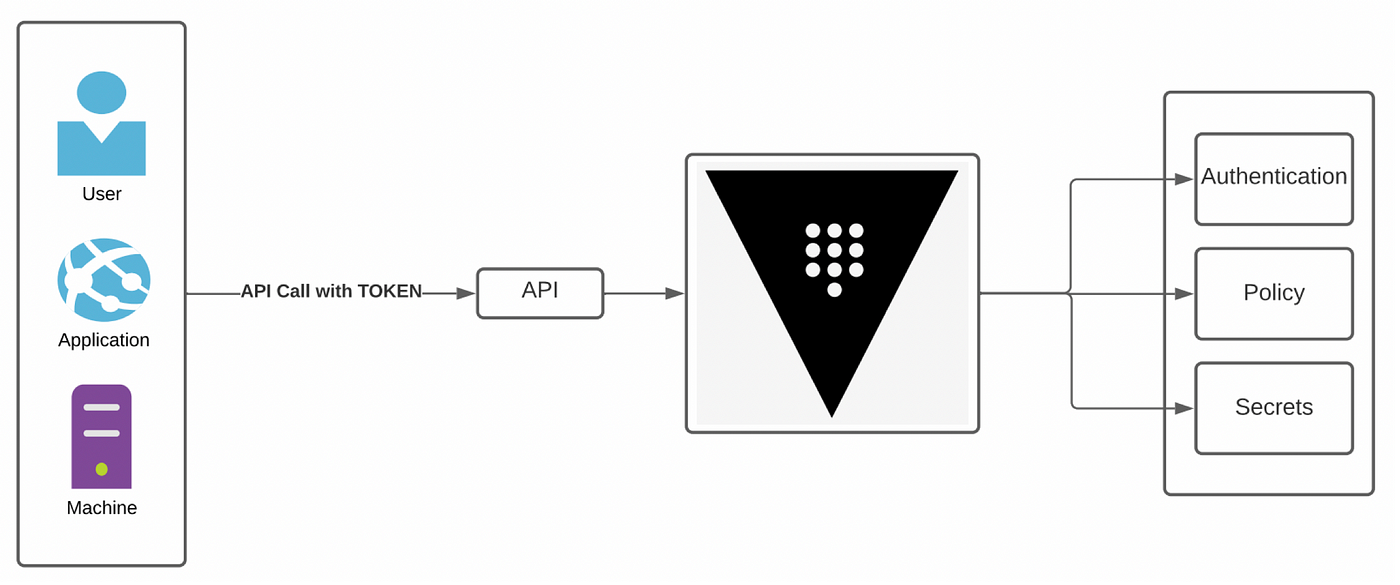
Vault securely stores and manages secrets, passwords, and API keys in DevOps workflows.
Key Features:
Encrypted secret storage
Access control policies
Multi-cloud integration
18. ArgoCD – GitOps Continuous Delivery

ArgoCD is a declarative, GitOps-based deployment tool for Kubernetes applications. To know more, check ArgoCD
Key Features:
Automated sync with Git repositories
Multi-cluster management
Role-based access control (RBAC)
19. Spinnaker – Multi-Cloud Continuous Delivery
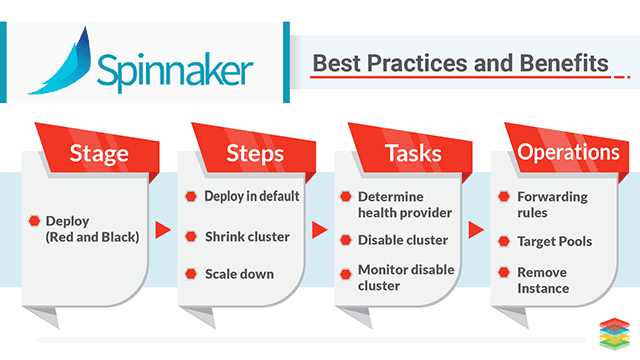
Spinnaker is an open-source CD platform designed for scalable, multi-cloud deployments. Install Spinnaker here.
Key Features:
Cloud-native continuous delivery
Multi-cloud deployment support
Automated rollbacks
20. Middleware – Real-Time DevOps Insights

Middleware provides real-time DevOps monitoring, workflow automation, and analytics to optimize your pipeline. Check Middleware Live Demo for more information
Key Features:
Automated CI/CD insights
DORA metrics tracking
Seamless integration with DevOps tools
Also read: Measuring Open DevOps Success with Dora Metrics: A Comprehensive Guide & FAQs
Conclusion
The right DevOps tools can make or break your software delivery pipeline. Whether you're automating builds, managing infrastructure, or monitoring performance, having the best tools in place ensures efficiency, scalability, and security.
Ready to Optimize Your DevOps Pipeline?
Middleware offers real-time insights, automated workflows, and DevOps monitoring to help teams deliver high-quality software faster. Start leveraging Middleware today!
FAQs
1. What is the scope of DevOps in 2025?
DevOps will continue to grow with AI-driven automation, GitOps, and cloud-native technologies, making it a critical skill for modern software development.
2. Which tool is best for DevOps?
There’s no single best tool, but Jenkins, Kubernetes, Terraform, and Middleware are among the top choices for CI/CD, container orchestration, infrastructure automation, and monitoring.
3. What is the next big thing in DevOps?
AI-powered DevOps (AIOps), platform engineering, and GitOps are emerging trends, enhancing automation, reliability, and developer productivity.
4. Is DevOps a good career in 2030?
Yes! With increasing demand for automation, cloud expertise, and security, DevOps will remain a high-paying and future-proof career choice.
5. What is DevOps tools?
DevOps tools are software solutions that automate and streamline development, testing, deployment, monitoring, and collaboration in DevOps workflows. Popular tools include Jenkins, Docker, Kubernetes, Terraform, and Prometheus for CI/CD, containerization, infrastructure as code, and monitoring.



